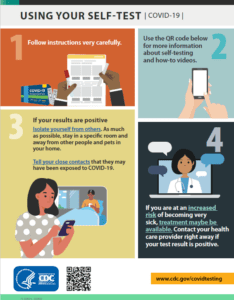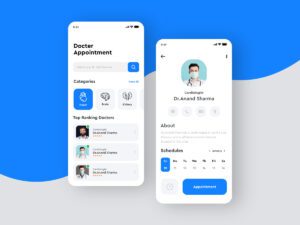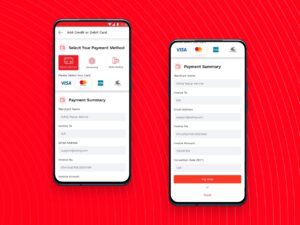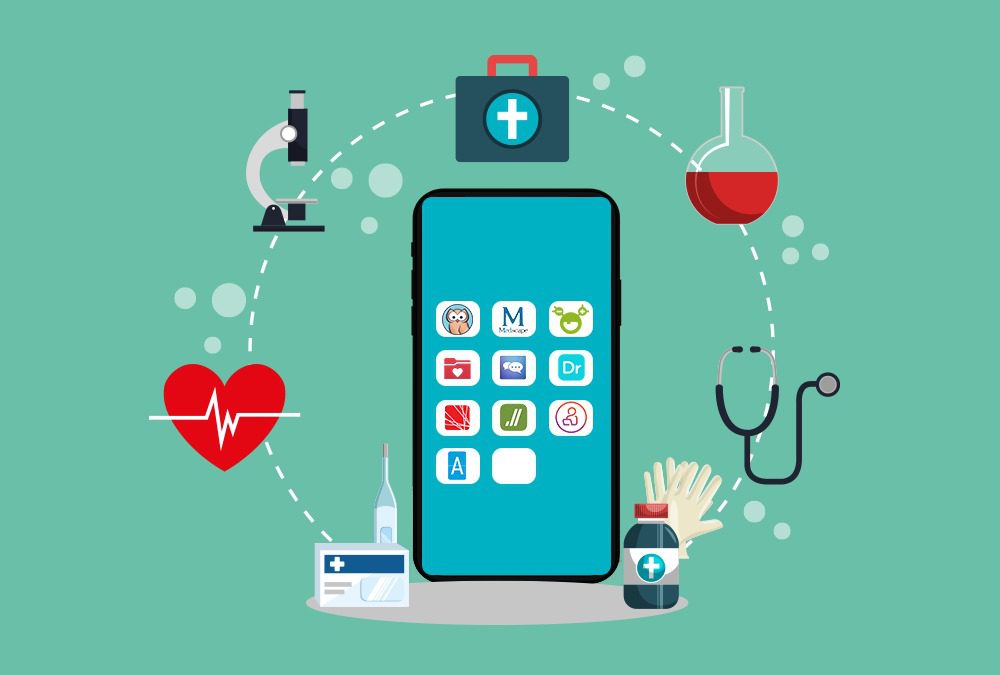Uses and benefits of the healthcare apps
Many people search for healthcare applications. What does an app stand for in healthcare? Nurse practitioners (NPs), physician assistants (PAs), and other apps are affordable alternatives to doctors that produce comparable results in both primary care and surgery. They give medical and public health practices new and creative ways to provide healthcare services outside of conventional care venues, supported by cellphones and tablet computers, fall largely into the following categories: Medical practitioners can manage clinical practice and examinations with the help of clinical references and diagnostic applications. Apps for telemedicine assist in providing licensed practitioners and doctors with virtual patient care. Applications for health management: Help people monitor their health concerns, including diabetes, mental health, cholesterol levels, heart rates, and other things. Apps for wellness and fitness include calorie-counting nutrition trackers, stress relievers, sleep monitors, and other tools that help people lead healthier lifestyles.
Top benefits of the healthcare app:
- Instantaneous Communication

Mobile apps can be utilized for real-time collaboration, consultation, and information sharing with clinicians worldwide in addition to using high-definition cameras to assess the patient’s condition. Since doctors from all over the world can study and exchange knowledge in real-time, patients benefit from this. Additionally, consistent real-time contact between patients and doctors enhances monitoring by continuously monitoring health.
- Taking a self-test

Users of the mobile healthcare application can take the test by choosing one of the answers to the specific question. Data-specific reports are provided by these programs. They must be given a very particular questionnaire in order to receive an accurate report and obtain an accurate result. They can take the mental health screening exam using the Mental health screening application. The BPWise app is made to make it easier for you to monitor, comprehend, and control your blood pressure readings.
- Providing Patient Care at Home

The healthcare mobile application informs clinicians about the patient’s symptoms and deteriorating health problems, which is seen as a blessing for doctors, nurses, and other healthcare professionals. These programs may be created to assess symptoms and generate reports. Following the report, the doctor may make the appropriate judgments and even provide medicines that might be obtained through the app. In a recent GreatCall poll, it was discovered that 93% of doctors preferred health apps to improve patients’ health, while 40% thought it may minimize clinic visits. According to another study, almost 80% of doctors reportedly utilize smartphone applications to provide patient care. Such circumstances demonstrate the value of healthcare mobile applications.
- Making It Easier to Find a Specific Specialist or Doctor

Finding a certain specialist doctor for your health issue might be time-consuming. GIS-based healthcare apps can assist patients in identifying the best doctor nearby and connecting with them quickly and effortlessly. Users of these apps may rapidly make appointments or consult online, search for doctors in their area, read reviews from other patients, learn about ratings & costs, and more.
- Safe Payment Methods

It’s no longer necessary to wait in line to pay your medical cost. Bill payment is made simply when secure payment gateways are integrated into healthcare mobile apps. To pay bills on time, select your preferred payment method (debit card, credit card, or mobile payment portals like Paypal). Additionally, these apps will give you a notification as a reminder if you forget to make a payment. For instance, a renowned IT company called Cedar Pay collaborates with healthcare service providers to handle billing. Cedar Pay improves customer pleasure and promotes the health of businesses by providing a flawless mobile payment experience.
- Improving Data Management
Every day, healthcare organizations process enormous amounts of personal data. Consequently, it needs to be Managed properly. Healthcare apps that are integrated with EHR automatically record important patient data from wearable or other connected system devices. This makes it possible for healthcare professionals to compile thorough patient profiles and meet HIPAA requirements.
- Access to Care Right Away – Anytime, Anywhere!
Mobile health apps enable 24/7 secure messaging, appointment scheduling, and connection to healthcare professionals, unlike ineffective traditional telephone access to doctors and healthcare organizations. Patients can ask their questions via video conversations, chats, or phone calls to avoid making unnecessary offline trips for minor problems. This increases the process’s efficiency greatly.
- Reduce the Chances of Misdiagnosis
Maintaining patient records manually can be tedious, incorrect, and prone to diagnostic mistakes. However, all of these potential issues that could be fatal to the patient are eliminated by the health applications. Healthcare apps help the patient’s health information be accurately stored digitally in the app. This makes it easier for doctors to recommend the proper medication with the appropriate dosage and chemical makeup. This data can easily be extracted in cases where a patient switches healthcare providers often to make prompt medical decisions.
- Enhanced Participation of Patients
The importance of providing quality care has increased significantly in today’s patient-centered atmosphere. Without needing to leave their homes, patients may access and keep track of the information in their medical records and prescriptions.
Considering the above information, it is clear that healthcare applications are a huge blessing for the medical sector. This technology has several advantages for hospital workers, pharmacists, doctors, and patients in addition to them. Benefits include the ability to locate doctors, manage medical issues, and get information about medications and other types of medical care or treatments.
